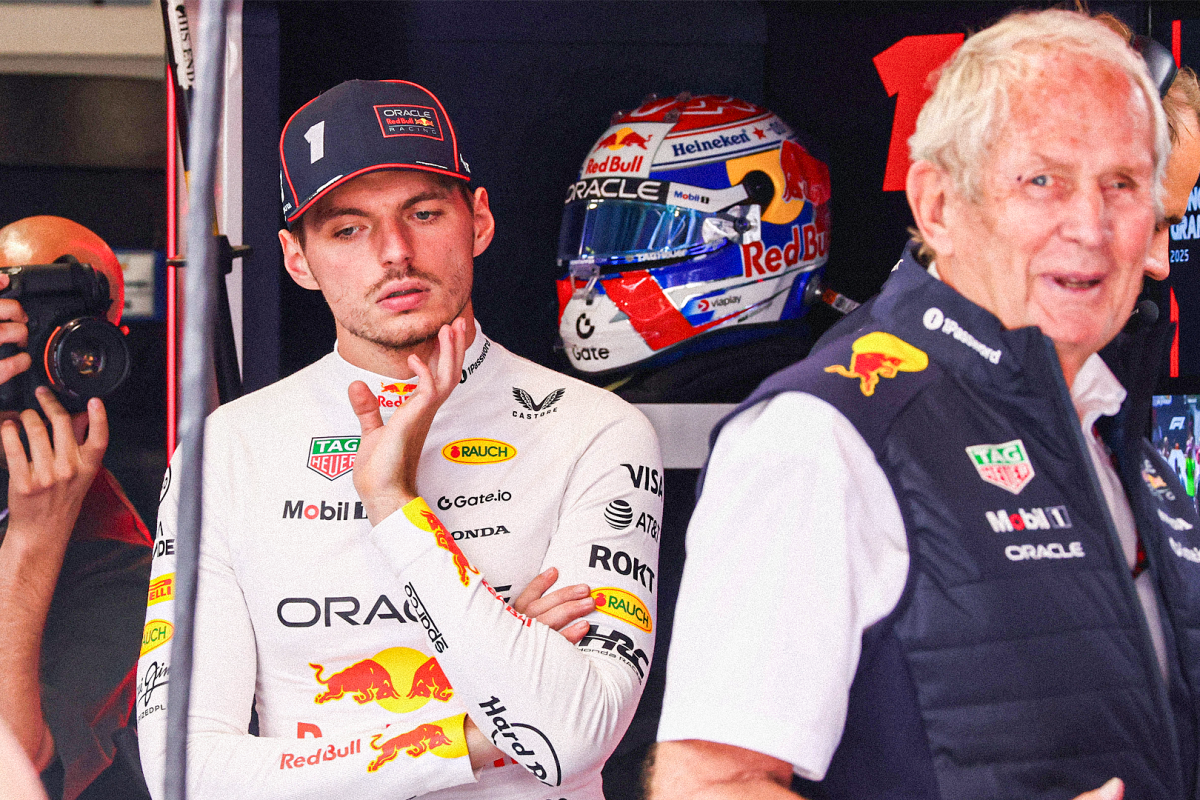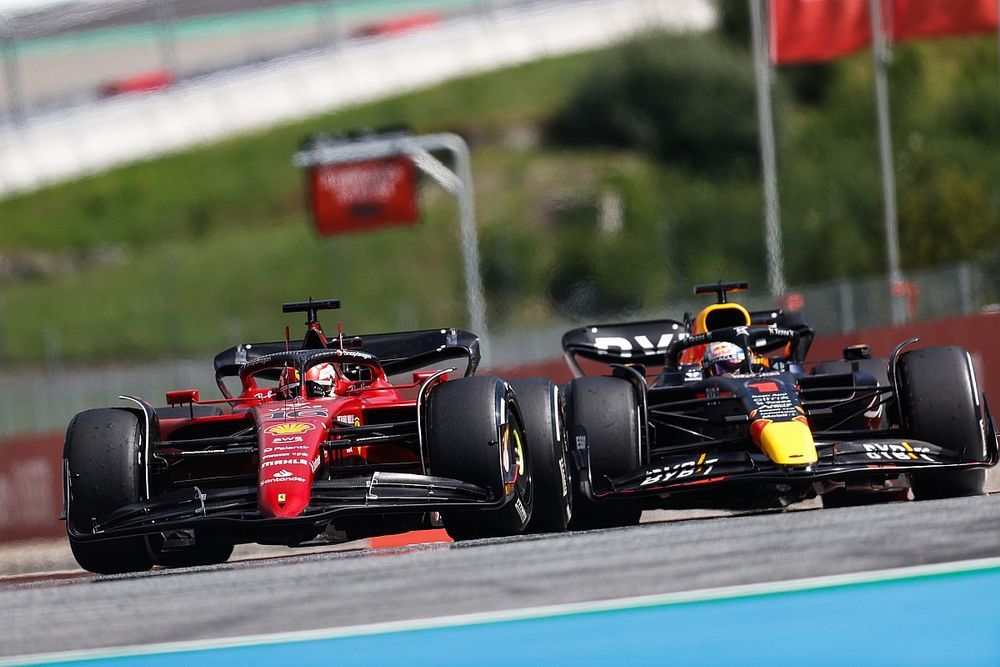What is Max Verstappen’s EXIT clause and why R… read more
Max Verstappen’s contract with Red Bull Racing, while ostensibly extending to the end of 2028, contains a crucial performance-based exit clause. This clause allows Verstappen to terminate his contract if he finds himself outside the top four drivers in the Formula 1 World Championship standings after the Austrian Grand Prix in 2025. This seemingly straightforward clause introduces significant complexities and potential anxieties for Red Bull, stemming from both Verstappen’s current performance and the looming threat of a race ban.
Currently, Verstappen sits third in the championship, a relatively comfortable 26 points ahead of fourth-placed George Russell and 43 points ahead of Charles Leclerc in fifth. However, this seemingly secure position is precarious, vulnerable to several factors that could trigger Red Bull’s worst nightmare: Verstappen activating his exit clause.
The immediate concern revolves around Verstappen’s accumulating penalty points. He currently holds 11 points, just one away from triggering an automatic one-race ban. If he receives another penalty point in the upcoming Canadian Grand Prix, he will miss the Austrian Grand Prix – the very race that defines his exit clause.
The consequences of Verstappen missing the Austrian GP are multifaceted and deeply worrying for Red Bull. First and foremost, it would severely impact his championship hopes. Missing a race, especially one as crucial as the Austrian GP on home turf, would be a significant blow to his already challenging season. Furthermore, his absence would create an opportunity for his rivals, Russell and Leclerc, to gain points and potentially surpass him in the standings, thereby pushing him out of the coveted top four. This scenario, however improbable it may seem now, would trigger the exit clause, allowing Verstappen to leave Red Bull before the end of his long-term contract.
Beyond the championship implications, a Verstappen absence would create a logistical headache for Red Bull. Finding a suitable replacement for a four-time world champion at such short notice would be a monumental challenge, potentially disrupting team dynamics and strategies. This disruption alone could negatively impact Red Bull’s performance and overall standing for the rest of the season.
Even if Verstappen avoids a penalty point in Canada, the threat remains. A disastrous performance in either Canada or Austria, combined with strong showings from Russell and Leclerc, could still see Verstappen slip out of the top four. The combination of a potential race ban and a significant points deficit in the Austrian GP makes this scenario a real possibility, highlighting the fragility of Red Bull’s position. Their carefully crafted long-term plan with Verstappen, a cornerstone of their recent success, is suddenly vulnerable to external factors beyond their control.
The possibility of Verstappen activating the exit clause is not merely a theoretical concern; it’s a realistic risk that hinges on a confluence of factors: Verstappen’s driving performance, the performance of his rivals, and the unpredictable nature of Formula 1 racing. The pressure on Verstappen is immense, not only to perform at his peak level but also to maintain a clean driving record. Red Bull, meanwhile, is left anxiously watching, hoping that a combination of Verstappen’s skill and a bit of luck will keep their star driver within the top four and prevent the activation of a clause that could unravel their meticulously planned future. The next two races will be pivotal, not just for Verstappen’s championship aspirations, but also for the stability and future plans of the Red Bull Racing team.




